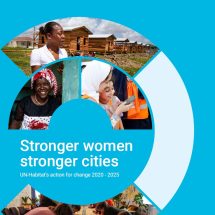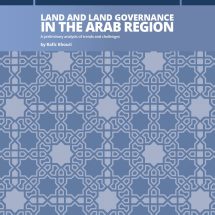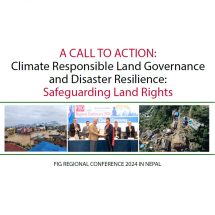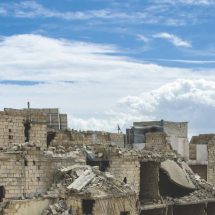 This study assesses the international instruments, mechanisms, UN bodies, and other regional and global initiatives that address concerns relating to indigenous lands, territories, and resources. In addition, it carries out an extensive regional review, showing how the situation of indigenous peoples varies across regions and countries. It also analyses the terms in which indigenous peoples’ issues are posed in core thematic and transversal issues such as women’s land rights, environment, and climate change. The study concludes with an overview of global trends, challenges, and opportunities that pertain to indigenous peoples’ land and territorial rights. Readers may find of interest the annexed table on a possible set of indicators regarding key land-related provisions in international frameworks. These indicators are of high relevance in the current debate on Post 2015 development and sustainable goals and related indicators .
This study assesses the international instruments, mechanisms, UN bodies, and other regional and global initiatives that address concerns relating to indigenous lands, territories, and resources. In addition, it carries out an extensive regional review, showing how the situation of indigenous peoples varies across regions and countries. It also analyses the terms in which indigenous peoples’ issues are posed in core thematic and transversal issues such as women’s land rights, environment, and climate change. The study concludes with an overview of global trends, challenges, and opportunities that pertain to indigenous peoples’ land and territorial rights. Readers may find of interest the annexed table on a possible set of indicators regarding key land-related provisions in international frameworks. These indicators are of high relevance in the current debate on Post 2015 development and sustainable goals and related indicators .
The author, Birgitte Feiring, is a renowned anthropologist who has worked on indigenous peoples’ rights and development for more than 25 years in several agencies worldwide, including as the ILO Chief Technical Adviser on Convention No. 169 and as an adviser to bilateral and multilateral agencies and to indigenous peoples themselves.











